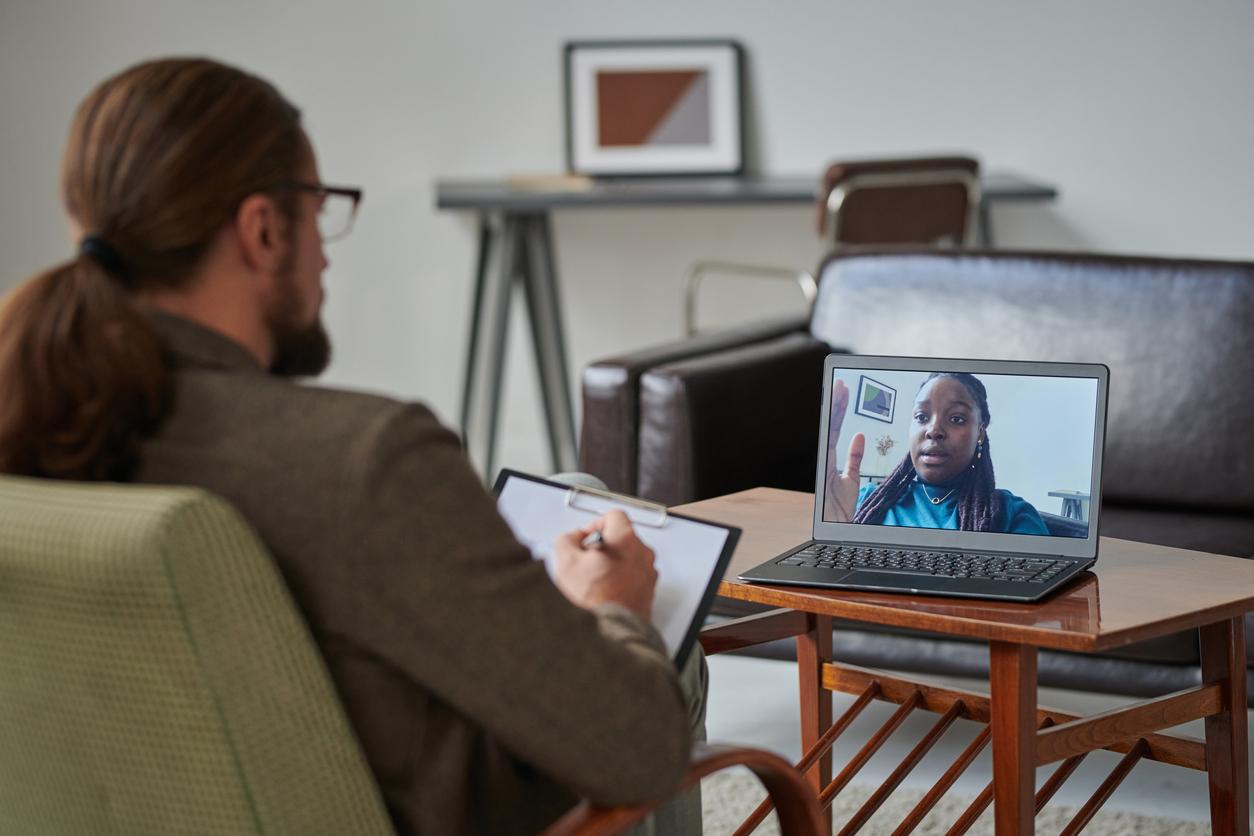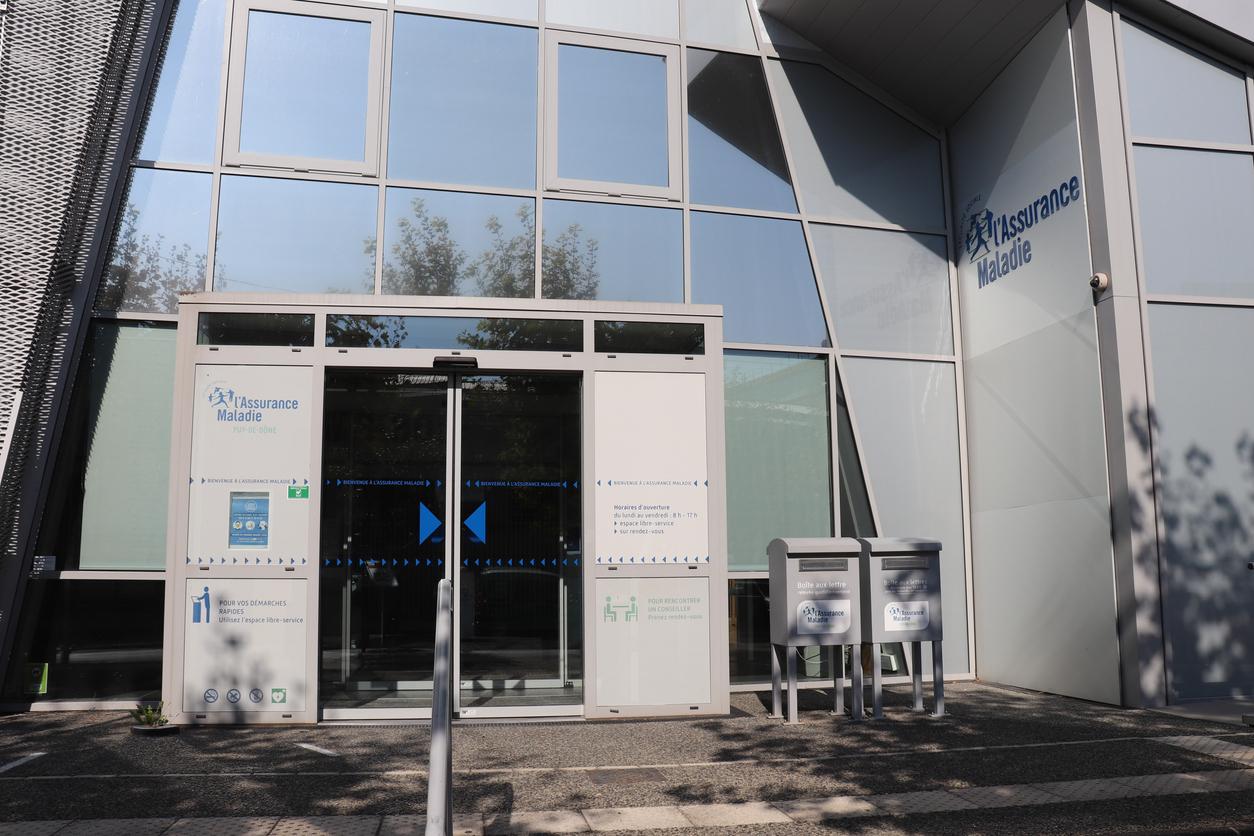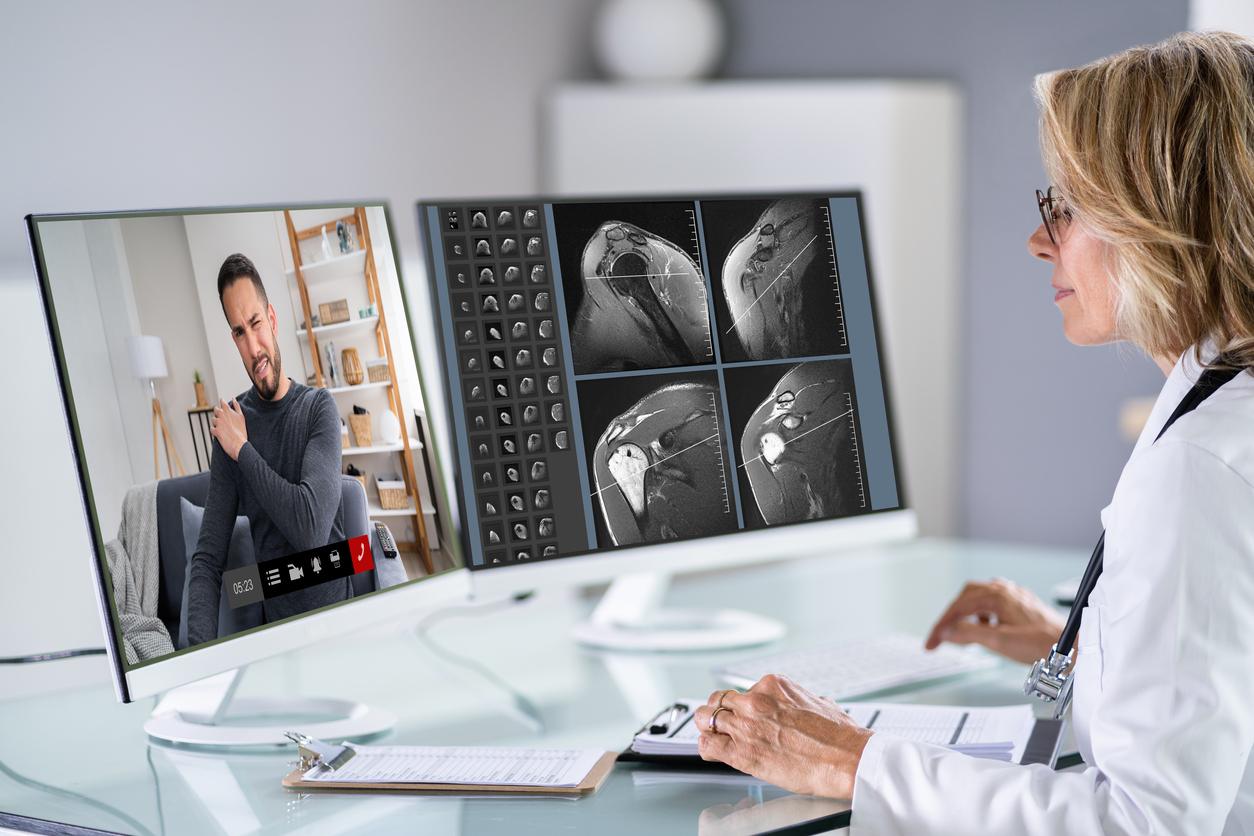While teleconsultations will roll out across France from September 15, Pourquoi Doctor takes stock of how to proceed and how much to pay your doctor.
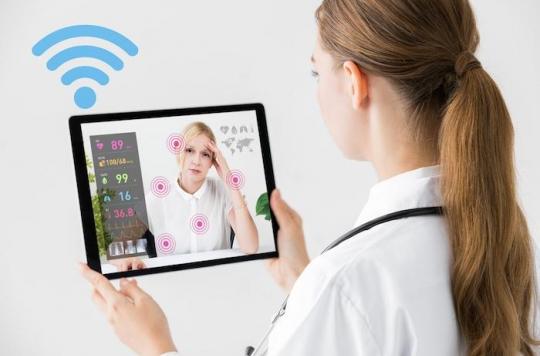
This could simplify the lives of many patients, especially those residing in areas of medical desert. From September 15, you will be able to consult a doctor remotely throughout France. Concretely, how will these consultations take place and how much will they cost you?
First, it is important to know that any doctor, whatever his specialty and his geolocation, can resort to teleconsultation, for any patient residing in France, if he considers this mode of consultation appropriate.
After you have made an online appointment, your attending physician, or the specialist physician to whom they have referred you, will inform you if they find the online consultation relevant or not depending on your case. If he agrees to a teleconsultation, you will receive a secure link by email. You will then have to click on it and will be able to speak with the doctor via the webcam of your computer, tablet or smartphone.
Possible fee overruns
“The patient can also be directed to a booth or a consultation cart installed nearby,” explains the Health Insurance in a press release. “This equipment is already being deployed in nursing homes, pharmacies and other public places.” During the consultation, the patient, especially if he is elderly or fragile, may be assisted by a health professional (nurse or pharmacist).
At the end of the appointment, the doctor will send you a prescription, if necessary, by email or by post. He will also write a report that will be archived in his confidential patient file. Regarding the payment, you will pay for the consultation by check, bank transfer or online payment at the same rate as a classic consultation, depending on the specialty of the doctor and his sector (23 euros for a general practitioner of sector 1, for example). Indeed, there too, liberal doctors can invoice an overrun of fees under the usual conditions.
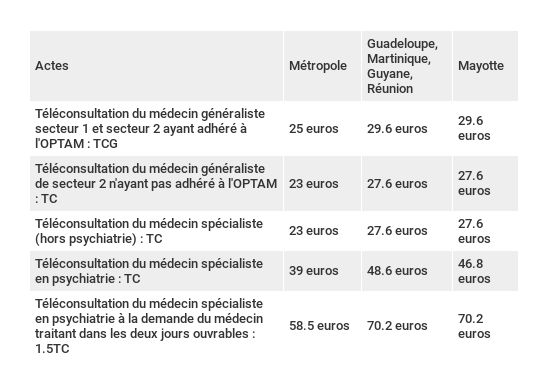
The support also works in the same way as usual between the part covered by the Health Insurance and the complementary (70% and 30%). “The care sheet will be issued without the patient’s vital card, which often cannot be read remotely,” says Health Insurance.
Lump-sum assistance to help doctors adapt their practices
In addition to the deployment of teleconsultation, the government would also soon like to generalize tele-expertise, which allows a doctor to consult a colleague on a medical situation. The remuneration of the professional solicited will be adapted to the level of tele-expertise and to its frequency. He will be paid up to twelve euros per level 1 tele-expertise (opinion given without in-depth study) and twenty euros per level 2 act, with a limit of 500 euros per year and per patient. The requesting doctor will receive five and ten euros respectively per level 1 and 2 procedure.
Finally, after negotiations with theliberal doctors’ unions, Health Insurance has agreed to pay them assistance via the addition of two new indicators to the structure package, which can go up to 525 euros to help them acquire the equipment necessary for telemedicine (connected medical devices and subscriptions to a secure teleconsultation service).
The deployment of telemedicine is part of the measures of the Access to Care Plan launched in October 2017 by the government, in particular in order to facing medical deserts. Because according to a report from the Department of Research (DREES) of the Ministry of Health published last year, 8.6% of the medical population is affected by this situation. It is therefore a question of improving patient care “by avoiding waivers of specialist advice or excessively long support times”, explains Health Insurance. In addition, in “a context of an aging population and an increase in chronic diseases”, the aim is also to simplify the monitoring of patients and improve their quality of life, in particular by avoiding the displacement of the elderly.
.









